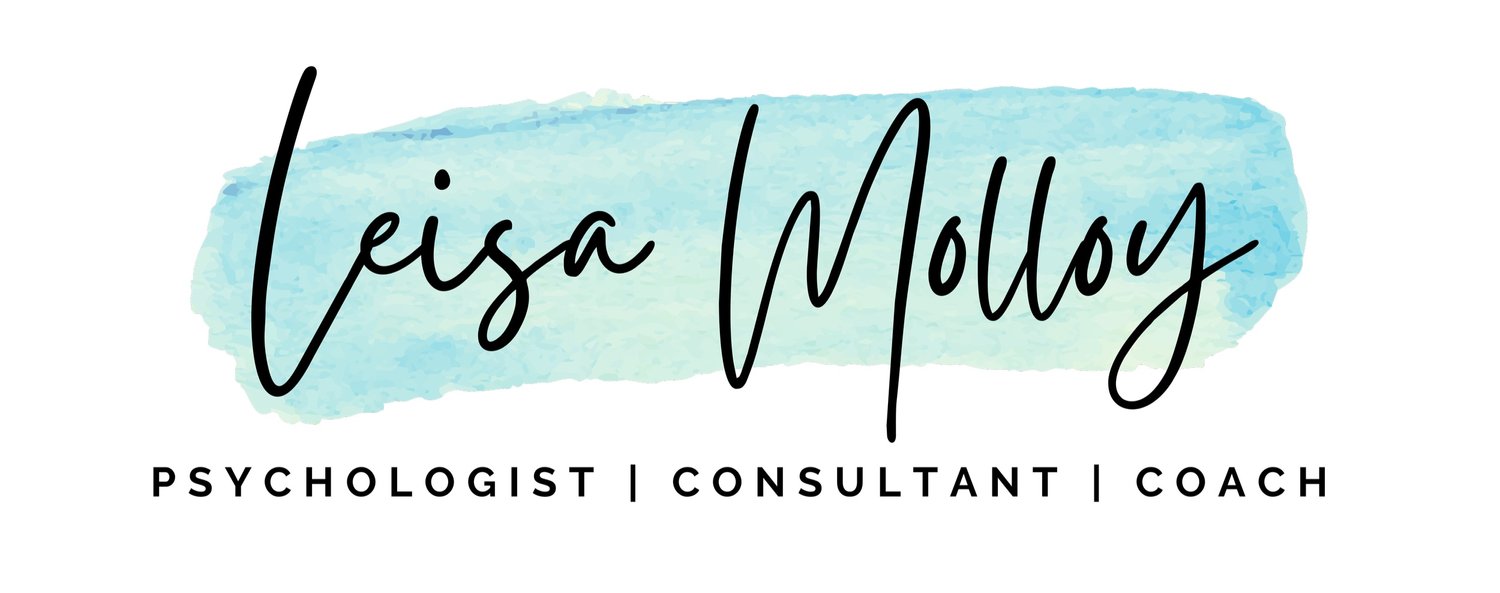
Challenging Conversations Training
Want to reduce the cost of “conflict debt” within your organisation?
Improve relationships & results in the workplace
Practical skills, tools & frameworks to help leaders and employees improve relationships and results by more confidently handling difficult conversations (instead of avoiding them!)
Step-by-Step Framework
Learn a robust but flexible step-by-step framework for raising & exploring challenging issues and engaging in productive dialogue.
Psychological Insights
Explore the social & psychological drivers that limit psychological safety, & build greater insight into your own triggers, ‘stories’, and typical response to conflict.
Skills Practice Activities
Learn, apply & practice key skills & strategies that support your ability to navigate difficult conversations & handle other people’s responses.
Tools, Resources & Support
Get access to a range of practical tools, resources and support to help you confidently apply skills and learning in your ‘real life’ environment.
$6,800 per day.
In the HBR Press book "Stop Spending, Start Managing", this was the estimated cost associated with employees ignoring problems as a way of avoiding a potentially difficult conversation. That’s a lot of money!
If you do the math (and some rounding), that could potentially add up to $204,000 per month, or a staggering $2.5 million dollars a year!
All managers, team leaders, business owners and employees need to handle difficult conversations at some time or another.
When these conversations go 'wrong' (or nobody actually has them), there are flow-on effects at the individual, team, and organisational level. As pointed out in the HBR report, this ultimately ends up costing the organisation money - in a multitude of ways.
It’s human' to find these conversations uncomfortable…
Here’s the thing - it’s a very normal, ‘human’ thing to struggle with raising tricky issues, especially for those who value strong and positive working relationships. We’re wired in a way that makes it normal to avoid potential conflict.
People often say or think things like this…
It feels awkward or uncomfortable. “Do I really need to bring that up?”
They worry about the other person’s reaction. “What if they cry or get angry?”
They don’t know how to start. “What do I actually say?”
They feel anxious about the impact on the relationship. “What if they don’t like me afterwards? What if things become awkward?”
They don’t want the issue to be blown out of proportion. “What if they take it the wrong way? What if I stuff it up?”
They’ve previously tried to be courageous or raise some concerns, but it didn’t go well. “What if the same thing happens again?”
The result is conflict debt…
The problem of course, is that our discomfort with conflict often results in leaders or employees simply avoiding these conversations altogether.
Or tiptoeing around the issue, dropping hints in the hope that eventually the other person will ‘get’ it!
Unfortunately these problems rarely go away by themselves. Instead, they create ongoing friction and tension, often referred to as “conflict debt”. In turn, this tends to negatively impact relationships, trust, team dynamics performance - and ultimately, results. The organisation's bottom line.
The good news...!
The good news is that people can learn to handle these issues through building the right set of skills, knowledge and insight. Whether or not they are a leader doesn’t matter - anyone can learn to navigate these conversations with greater confidence and skill.
About the Challenging Conversations Program
This program provides participants with the insights, skills and tools to more skilfully navigate ‘tricky’ or difficult conversations at work.
It includes opportunities to explore typical responses to conflict, as well as the underlying psychological drivers that can help to create psychological safety. Participants learn a step-by-step framework for ‘opening up’ and then navigating these types of conversations, also exploring a range of important interpersonal and communication skills.
A little taste of what participants learn…
The ‘psychology’ of difficult conversations…
How avoiding the tough conversations often results in an accumulation of “conflict debt”
It’s not you, it’s your brain! Why we are ‘wired’ to avoid conflict & difficult conversations
The difference between conflict aversion & conflict avoidance (and why it matters)
How your own default conflict ‘style’ could be shaping your mindset & behaviour
How your early experiences can shape your attitude towards speaking up & raising important issues
The social & psychological drivers that make others feel threatened or unsafe.
Challenging Conversations Framework & Skills
A clear, step-by-step framework for raising & exploring challenging issues, problems & behaviours
How to effectively plan & prepare for challenging conversations
The 5 most common mistakes when tackling tricky conversations (and how to avoid them!)
Key skills to use in each stage of the Challenging Conversations Framework
How to respond to others’ emotions (e.g. when they become angry, upset, or defensive)
A process for mastering your ‘stories’ & separating facts, feelings, judgements, needs & wants.
“Leaders must either invest a reasonable amount of time attending to fears & feelings - or squander an unreasonable amount of time trying to manage ineffective & unproductive behaviour.”
Extra tools & support…
One of the key aims of the program is to set participants up for success after the program has ended.
As such, participants will have unlimited access to a broad range of resources & tools to help them confidently go away and apply all of their skills and learning in ‘real life’.
Their library of resources will also include content to further extend their thinking, continue reflecting on key topics, and refresh their understanding of key skills or concepts. After all, these things take time & practice. If it were easy, it wouldn’t be a ‘difficult’ conversation, right?!
Additional resources include:
Access to a range of instructional videos
A set of practical, structured ‘Conversation Guides’
Helpful worksheets, resources & questionnaires
Access to a private Facebook group where participants can ask questions, share insights, and learn from other people’s experience (note - depends on delivery method).
How is the program delivered?
Small Group Programs (for Individuals)
Join a diverse group of other participants and learn via a series of remote, facilitated and highly interactive workshops. These sessions are delivered over a period of several weeks, with optional 1-1 coaching sessions.
Group sizes are limited with between 9 -12 participants, allowing opportunities to explore your specific challenges.
Company Workshops
Organisations can arrange in-house programs for specific groups of 9-12 participants or leaders, or enquire about a broader organisational program.
These can be delivered remotely or in person (depending on Covid-19 requirements), with various options around the number and length of sessions, timing and additional 1-1 support to embed learning outcomes.
Who is this program for?
This program is ideal for leaders and individuals who…
Work in organisations experiencing significant change or transition
Need to address challenging behaviours or relationship issues
Want to become better at the ‘people’ related stuff!
See handling difficult conversations as an important leadership skill
Want to build greater self-awareness & interpersonal insight
Want to more confidently 'handle’ others’ reactions
Want to raise important issues while also demonstrating empathy
Are prepared to put in the ‘hard work’ by learning, applying & practising new skills & behaviours!
This program is not really suited to leaders or individuals who…
Are simply looking for a ‘quick fix’ to make problems go away
Aren’t prepared to put in the hard work or change their own behaviours
Always see other people as the ‘problem’ (& aren’t prepared to look inwards)
Aren’t prepared to explore their own feelings, reactions, & conflict styles
Have little interest in understanding other people’s needs, motives & challenges
Can’t commit to fully participating in the program (incl. pre-work and homework!)
Why work with Leisa?
Why with with me? (Yep, I’m Leisa - hi!)
Firstly, I’m a registered psychologist with Masters qualifications and 17+ years of experience in Organisational Psychology. This allows me to bring a depth of understanding in human behaviour to my programs. Put simply, I’m a total nerd about psychology and behaviour at work!
You’ll benefit from my broad experience and knowledge in the areas of leadership development, neuroscience, positive psychology, employee engagement, and behavioural change. I’ve worked with lots of different organisations and individual in both the public & private sector.
In the last few years alone I’ve facilitated over 180 workshops and sessions with 1000+ participants, and worked with 400+ leaders as a coach, consultant, or facilitator. My programs are all centred on this idea of 'leadership conversations’, with this being my main area of expertise.
I'm also pretty friendly! And really enjoy helping individuals to learn these skills and tools given the significant difference it can make :-)












